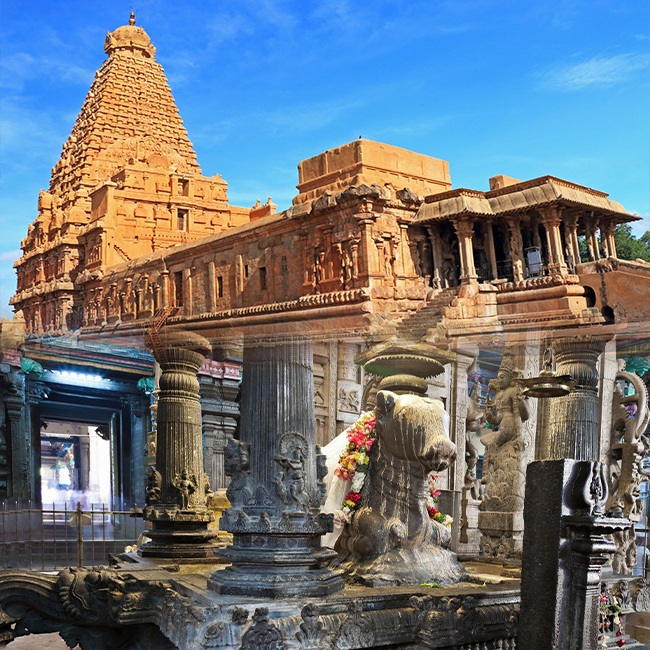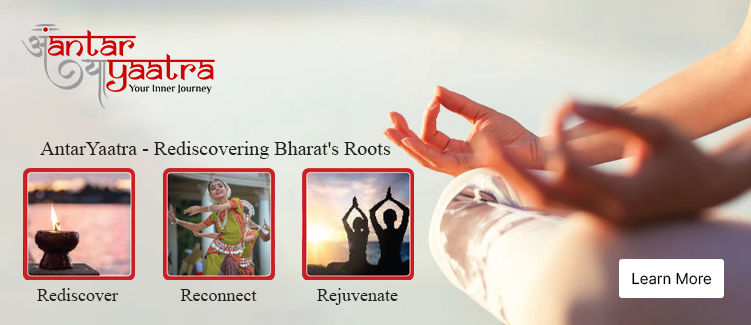

Rituals and Practices in Kolkata’s Spirituality
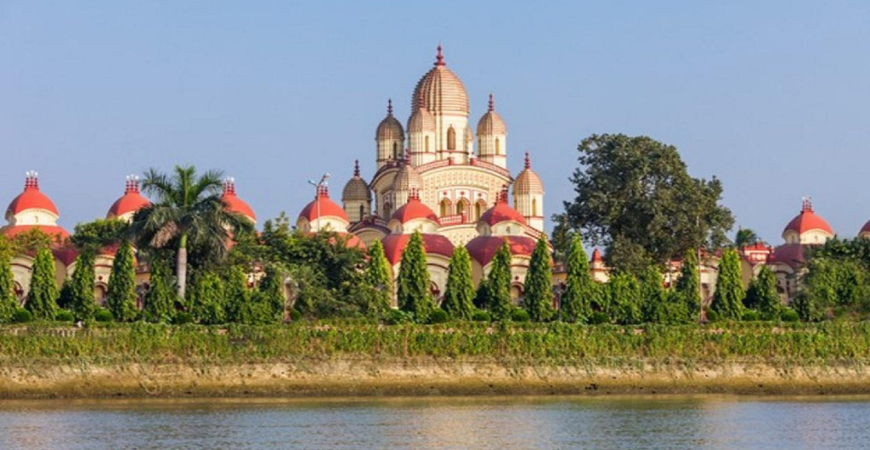

09 Apr 2025
Rituals and Practices in Kolkata’s Spirituality
Kolkata, generally known as India's cultural capital, is a city of great spiritual significance. It possesses a rich history, is home to many religious traditions, and boasts a cultural blend unlike any other city. Kolkata is a spiritual city, rich in customs and rituals, and its spirituality shapes the lives of everyday residents. These customs are deeply built into the fabric of the city's spiritual tradition and they not only reveal the beliefs and customs of the population but they cultivate peace, devotion, and transcendence of self.
Temple Rituals: A Central Aspect of Spiritual Practice
The most common spiritual practice of Kolkata is temple worship. Kolkata has several well-respected temples, each with their own set of rituals. One of the holiest shrines in Kolkata, for example, is Kalighat Kali Temple, which is devoted to the goddess Kali. The daily ritual at Kalighat includes morning and evening prayers, the offering of flowers, fruits, and incense, and the lighting of diyas (oil lamps). The devotee approaches the shrine with a truly devotional heart, asking for their physical, material, and spiritual needs to be fulfilled. Similarly, the Dakshineswar Kali Temple and Belur Math, the headquarters of the Ramakrishna Mission, follow rigorous daily rituals, such as arati (a prayer ceremony with lighted lamps) and chanting of mantras.
The Importance of Festivals: Transcending the Physical World to Seek Spiritual Existence
Festivals celebrated in Kolkata are not just about culture, but more precisely, spirituality. The most recognized of all festivities in Kolkata is Durga Puja (the festival of the Goddess Durga), which observes the victory of the Goddess Durga over the demon King Mahishasura, often linking the holiday to good overcoming evil. Rituals associated with Durga Puja do entail more pompous rituals (such as the immersion of the idol of Goddess Durga in the Hooghly, and verbal incantations by devotees), but these are means of orchestrating the presence of the Goddess and asking for the blessings of the Goddess. Likewise, the rituals associated with Kali Puja are intense in their demonstrations of devotion to the Goddess Kali. For example, participants will light diyas, make offerings of sweets, and recite sacred hymns. The entire city is filled with lights during the Kali Puja season, and there is a sense of deep conviction and devotion to the goddess. Rituals associated with festivals are evidently intended to rid the mind, body, and spirit, so it can be elevated to bypass the material world and time, invoking a controlled form of spirituality.
Spiritual Practices: Daily Prayer to Meditation
In addition to temple rituals and festivals, daily spiritual practices hold an important place in the everyday lives of many Kolkatans. Many individuals rise each day to pray and meditate, paying homage to the divine before embarking on their daily activities. Practicing japa (chanting of mantras) is common in many homes, with many Kolkatans reciting God's personal name, believing it cleanses one's mind and spirit. This straightforward practice of paying homage to God is regarded as a discipline of spirituality, thereby making the connection to the Absolute urge stronger. Meditation is also a practice that is very significant in the spiritual life of Kolkatans. Organizations like Ramakrishna Mission and Art of Living provide a space for meditation, allowing practices that invite individuals to a place of deep inner peace as well as experience the notion of self-realization. Meditation is not only about the divine but it also implies attaining mental clarity and emotional equilibrium.
Rituals of Offerings: An Individual Union with the Sacred
Offering plays a key role in the spiritual rituals of Kolkata. Through a wide variety of offerings, from offerings of flowers to offerings of rice to the poor, the importance is to develop the mindset of surrender to the divine and selflessness. Offerings, known as Prasadam, play a key role for residents as the variety of offerings they receive after making offerings to a deity act as a blessing from the divine. This act of receiving prasadam provides the worshipper a connection to the divine presence and ignites a feeling of humility and gratitude. Another very common practice is the ritual of Pitru Tarpan, in which living people offer feeders to deceased people, otherwise known as ancestors. The belief among Bengali Hindus is that these offerings provide peace to a deceased ancestor and a connection between generations.
Soil2Soul Expeditions provides a unique opportunity to encounter the sacred landscape and environment of Kolkata in order to connect to the sacred tradition and gain deeper insight into the sacred rituals and practices.
Leave a Reply
Explore by Categories
Most Viewed Blogs
Tags
State





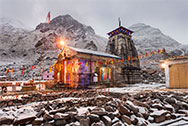


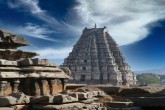

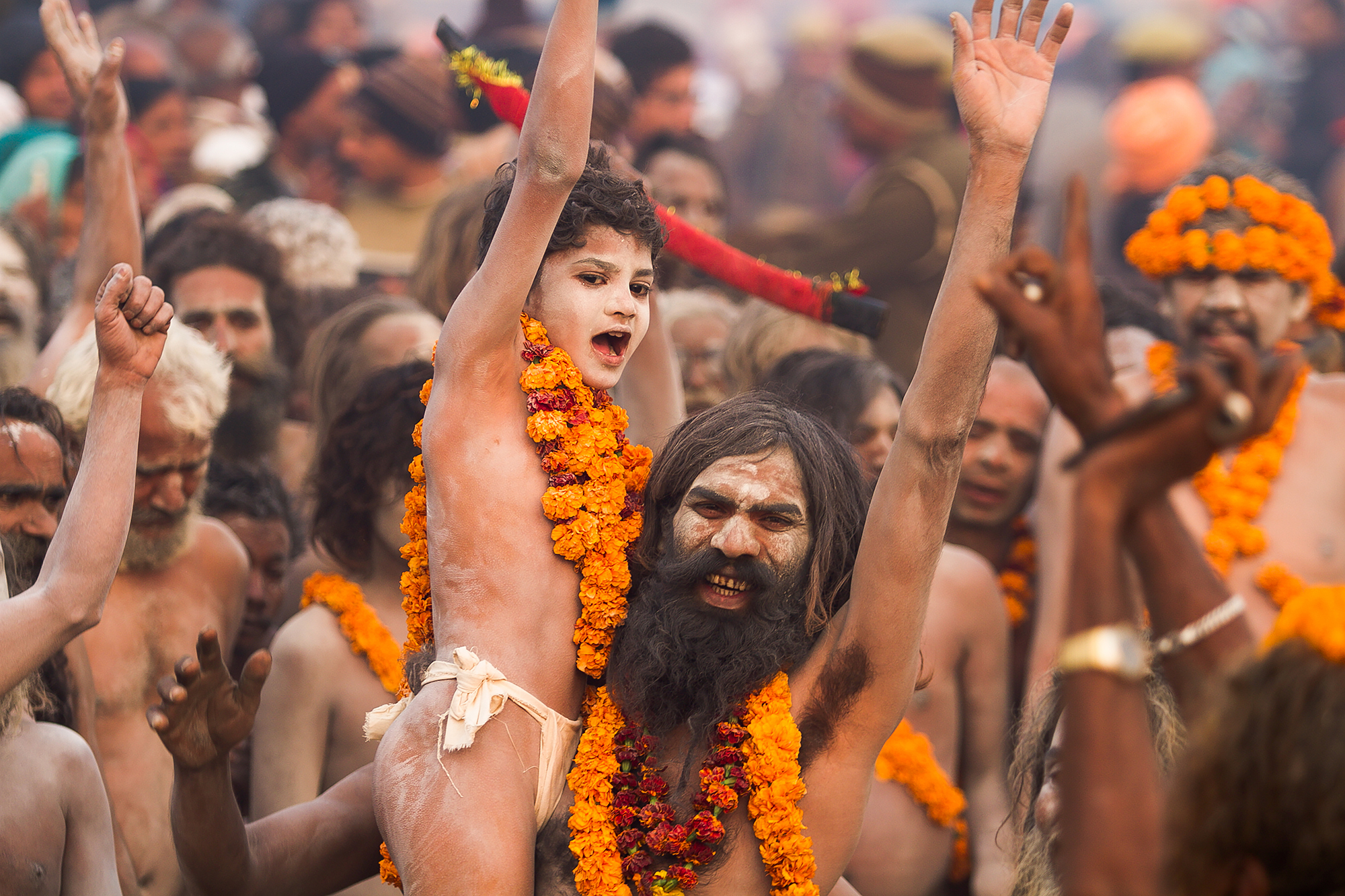
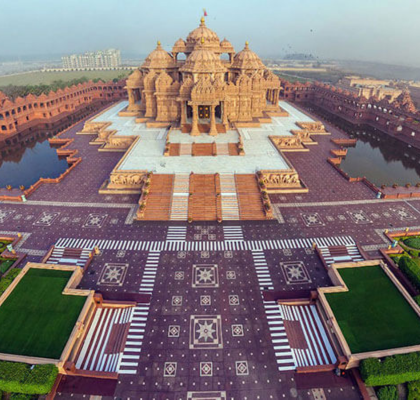
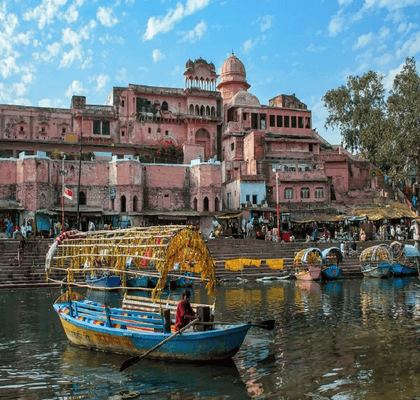
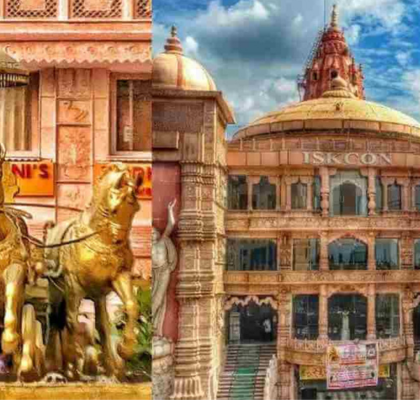
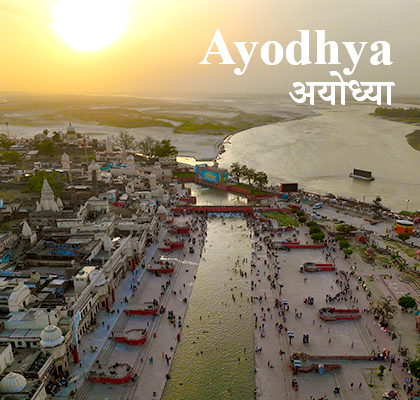
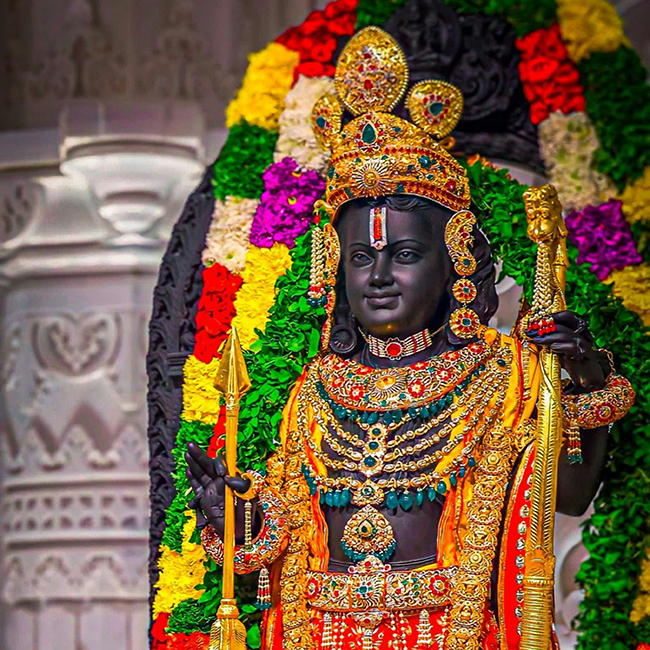
.jpg)

